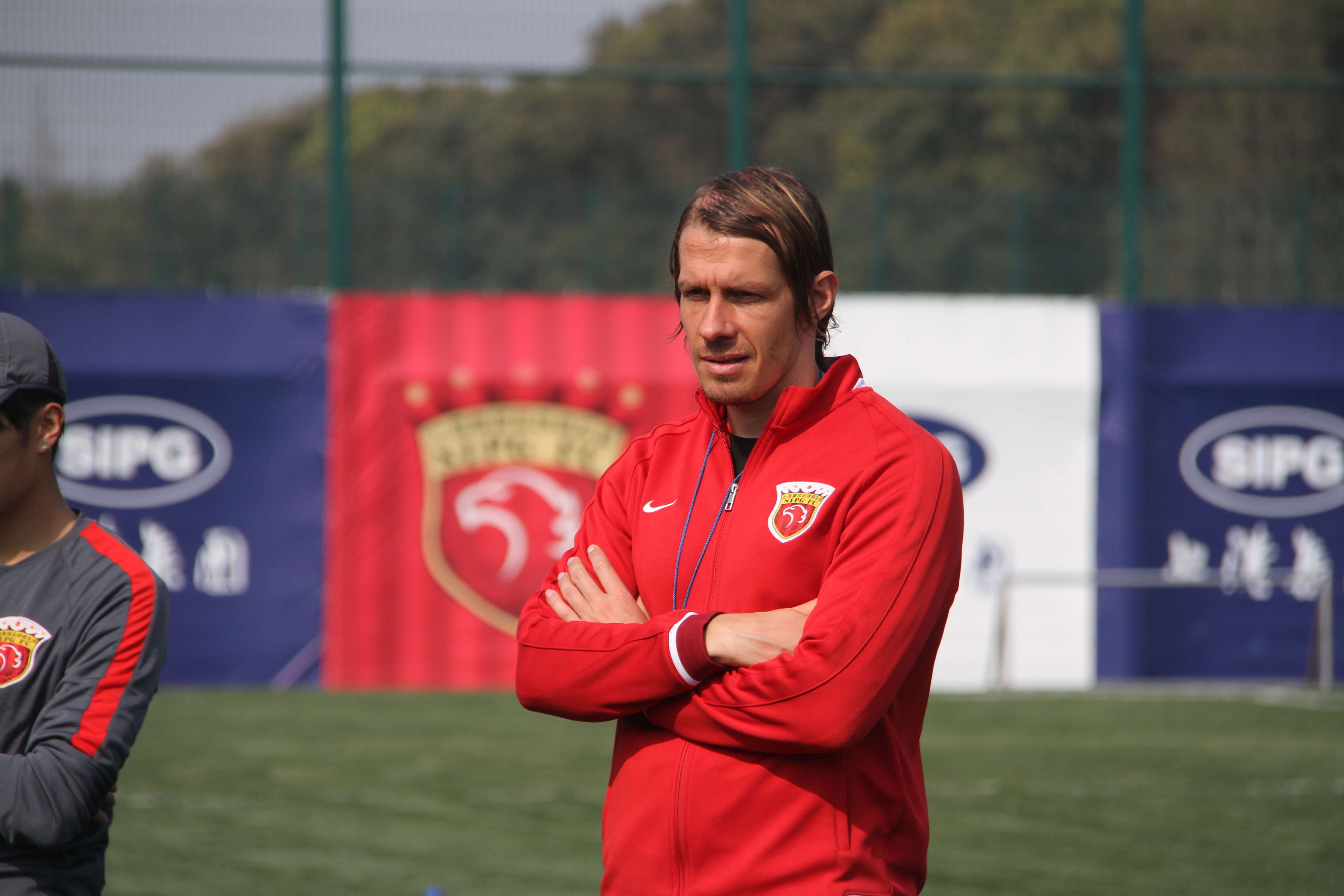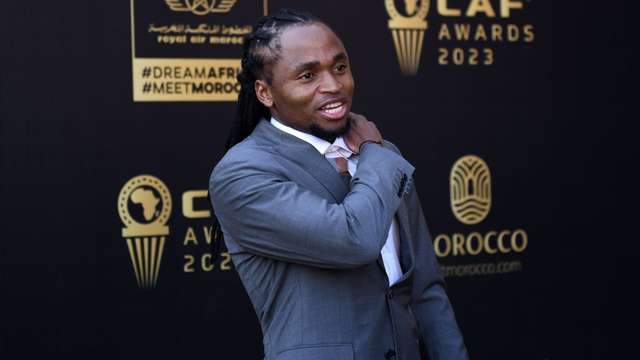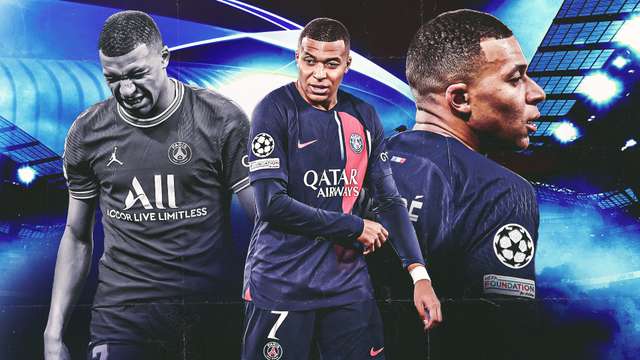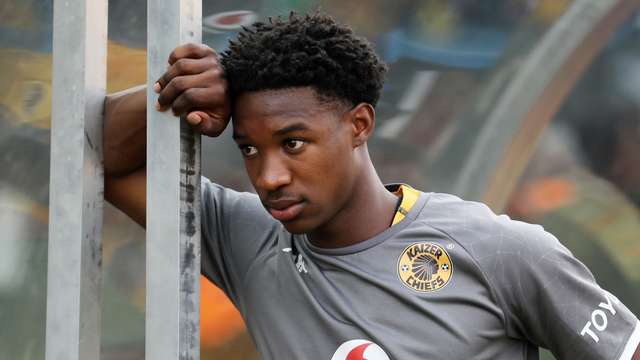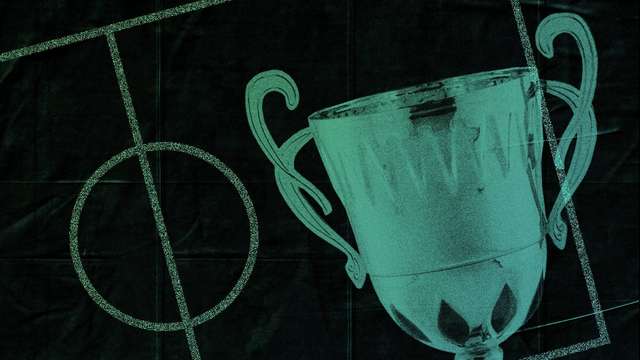 SPECIAL REPORT
SPECIAL REPORT
He is the man who was in ahead of the boom.
Shanghai SIPG technical director Mads Davidsen moved to China in 2012 to run former Denmark striker Ebbe Sand’s football academy. Since then he has had a front-row seat for China’s progression from being a relative sideshow to one of the most compelling leagues in world football.
“Something has happened in the last three or four years,” he tells Goal. “People want to discuss football now.”
Mertens: Why I rejected CSL move
While the football world looks on with curiosity and sees more and more top-level talent moving east, Davidsen is busy ensuring that his SIPG team will be producing high-quality players and teams for decades to come. Following the new regulations introduced to Chinese football this season - limiting the number of foreign players and ensuring native young talent is fielded - Davidsen and SIPG are leading the way.
Next Match
Davidsen first became a familiar face to Chinese football fans when providing expert analysis on the country’s Champions League coverage – earning himself the moniker “the football professor” from viewers around the country.
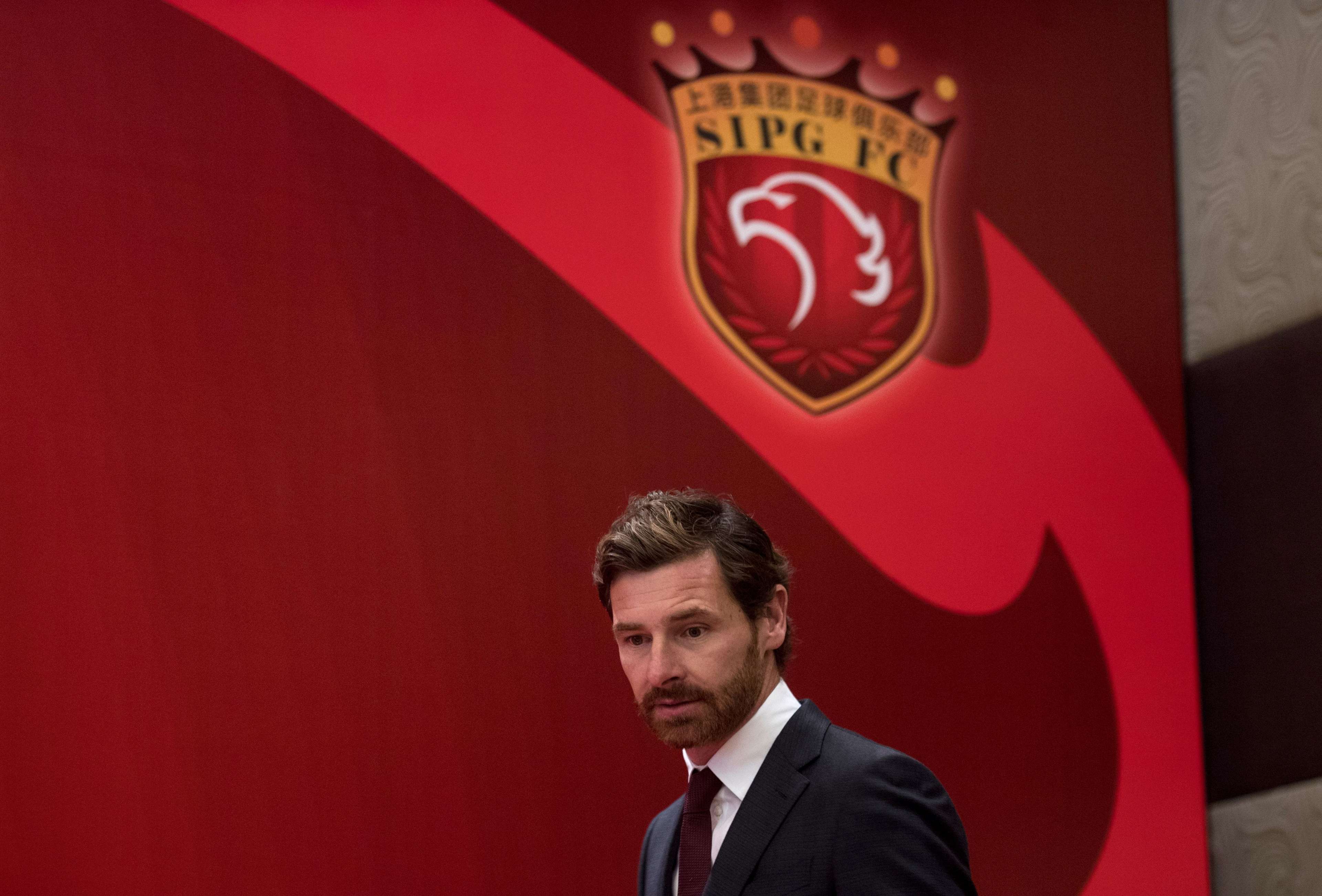 Getty Images
Getty Images
After being contacted by Sven Goran Eriksson, he found himself working alongside the former England manager at unfancied Guangzhou R&F – and together they led them to a first-ever appearance in the Asian Champions League in 2014.
Eriksson – along with Denmark native Mads - then moved on to Shanghai SIPG, which is owned by China’s largest shipping company. Eriksson has since parted ways with the club and his first-team coaching job has gone to Andre Villas-Boas. Davidsen was promoted to technical director at a club which is renowned in China for its youth academy.
Kalinic snubs China: 'I'm not worth €50m'
“This club was originally built by a Chinese coach called Xu Genbao who is a legend in China for developing young players,” he says. “He made this club many years ago called Shanghai East Asia. It was only a youth academy to begin with. Then the kids grew older.
“He took them from the fourth division to the first division and he finished sixth in the Chinese Super League in the first year he had them.
“Then SIPG – the current owner of the club – went in and bought the club and changed the name to Shanghai SIPG. In terms of developing young talents, I’m personally lucky to come from a talented club.”
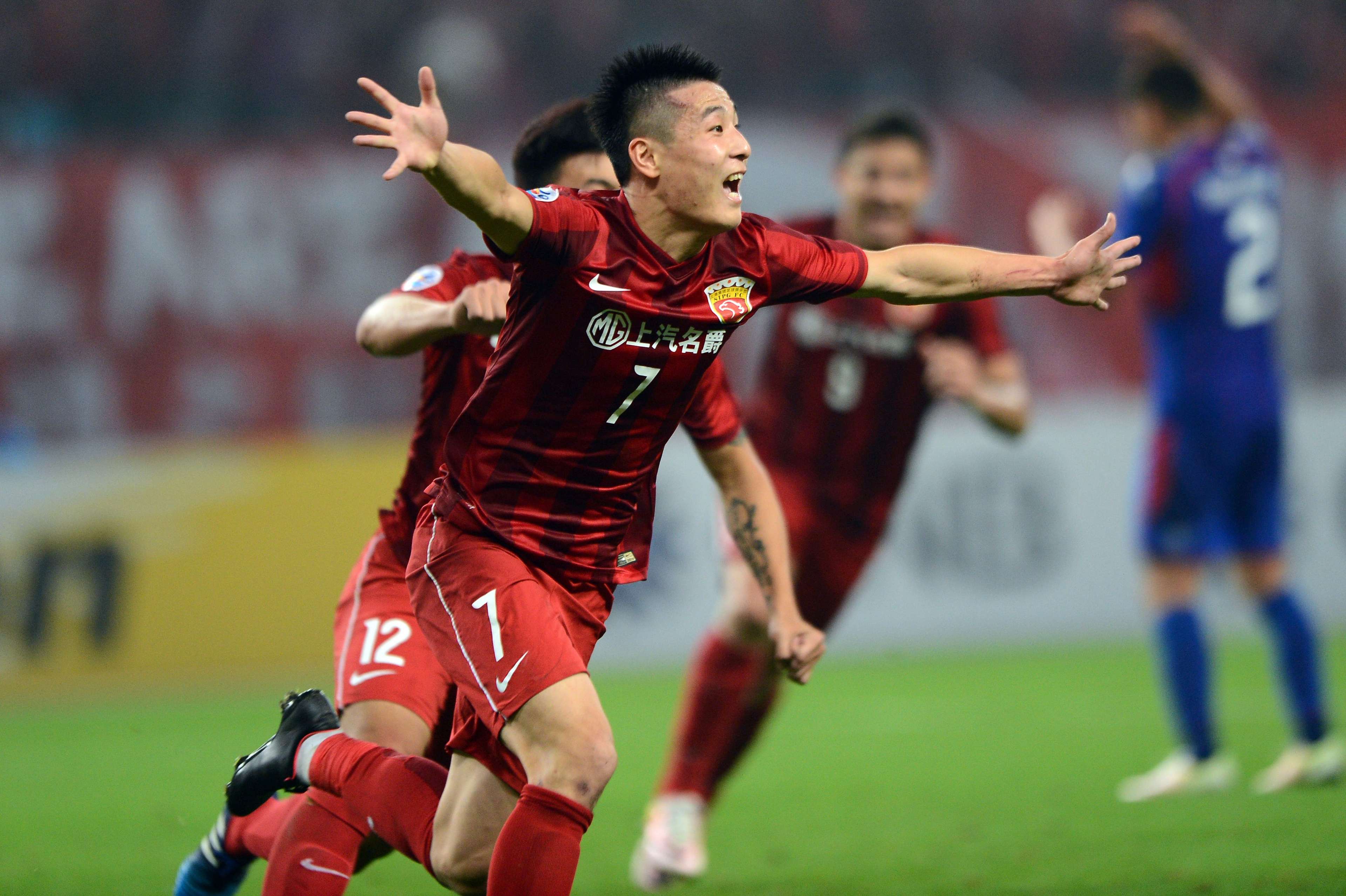
No fewer than 22 of the current senior squad of 30 were hatched in the SIPG academy.
The club operates an enormous top-to-bottom youth structure. Prospects as young as 13 eat, sleep, train and learn together in the sprawling SIPG campus in Shanghai.
All SIPG players – from the youth sectors to the first team – live together at the camp where on-field and off-field programmes are designed to improve their football skills as well as their mentality. Some exceptions exist – for Chinese star players and their families as well as for the high-profile foreign imports such as Hulk, Elkeson and recent arrival from Chelsea, Oscar.
Davidsen is overseeing what is called the “SIPG Way” and he is responsible for designing the curriculum which is being implemented all the way from those under-age sectors to the first team.
Part of that development is gearing local players up for the challenge of life as a professional. Many of SIPG’s top Chinese stars are now household names around Shanghai and more and more local youngsters are being sent abroad to toughen up and learn from different football cultures.
Douglas Costa confirms China offers
“That’s how we want to develop players and how we see the modern football player," Mads says. "We have an alignment from the U12’s to the first team.
“We also have planned to develop a character-building programme where we want to send players abroad for six months or one year to develop their characters.
“Football is not only about passing from A to B, it’s also about handling pressure, knowing your own limits, understanding the qualities that you can bring. It’s about collective moves, how we understand each other. This is all stuff the Chinese still need to develop. We need to programme it and structure it for them.”
To supplement its academy SIPG operates 25 satellite football schools all around China to ensure it is not missing out on the best young talents. Kids attend their local satellite school from the age of five with the cream of the crop heading off to Shanghai at the age of 13.
Regular contact is maintained with local coaches – who come to Shanghai four times a year – to ensure they are sticking with the programme.
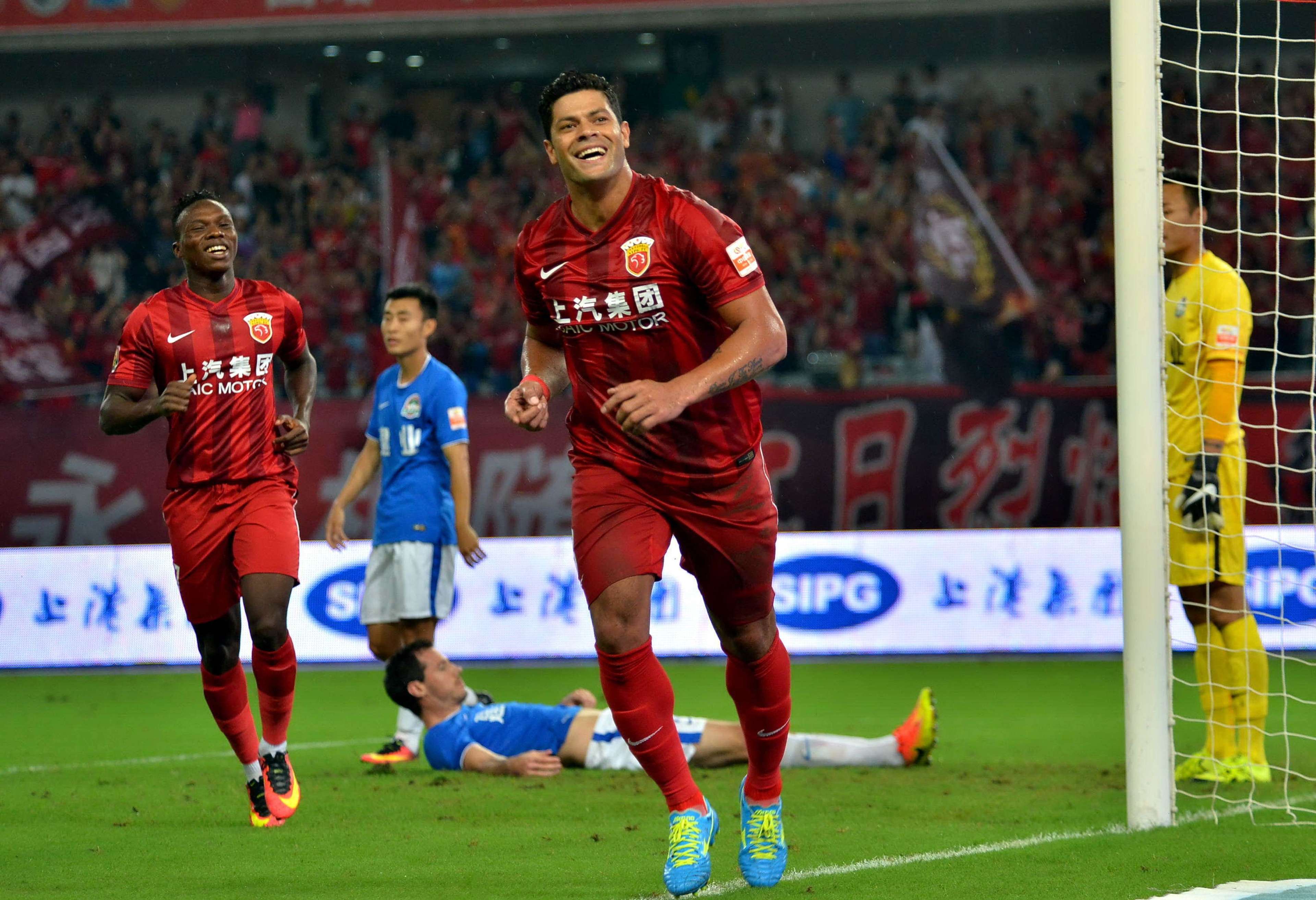
Every incoming player – from Hulk to Oscar to Ricardo Carvalho – is made aware of the style of football being implemented at the club and only players who can adhere to the project are signed.
“Everything gets easier," Mads says, "if you can connect your training, your education, your management, to your recruitment. Then everything is in alignment and you will minimise the chances of failing.
“Scouting 10 years ago was about finding jewels. Maybe you’d go to South America or other places where people hadn’t been but that’s gone now. We have too much software. I can watch a game from the second division in Ecuador if I wish to. So now it’s all about minimising the risk of failing.
“You need to find the best possible targets. It’s much easier if you have a style of play and a strategy. Then you can analyse if the player fits or not.”
Arsenal to face Chelsea in China
The Chinese Super League – whose clubs have signed the likes of Axel Witsel and Carlos Tevez this winter – is routinely dismissed as an easy payday for stars unable or unwilling to cut it in Europe any longer. That – however – would be to ignore the demands and expectations heaped upon the imported talents by clubs and fans alike.
“People need to understand big names are being brought to China to promote the league, to be pioneers, to be role models," Mads says. "When you want to develop a football culture you also need role models to look up to.
“Their job is not only to play football, not only to win on a Saturday. They need to bring Chinese fans into the stadium, play good football and they also need to inspire the kids to play more football.
“We need big names to grow the league and increase the level. We need both parts.”
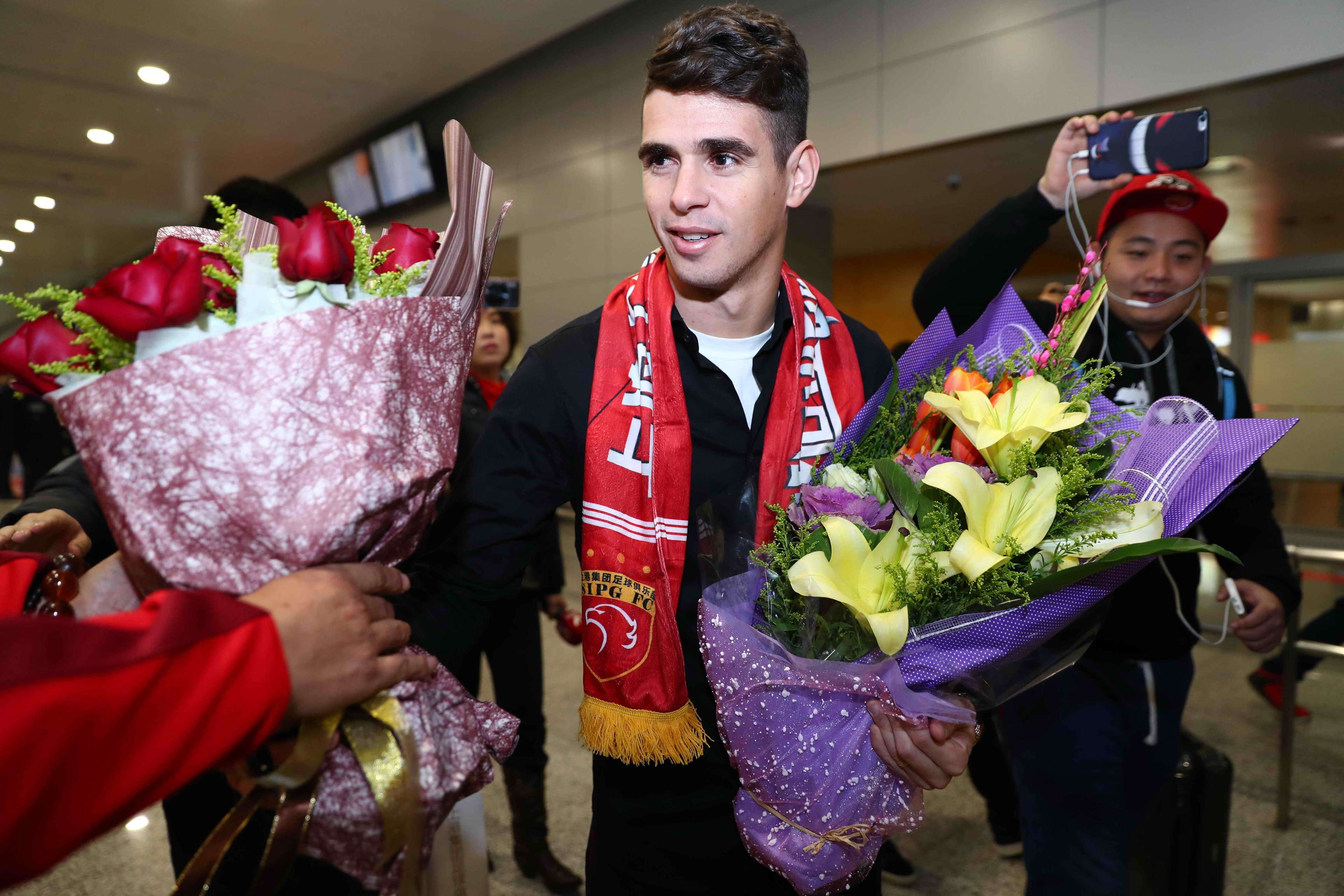
For those foreigners to succeed in China it is vital to understand the local culture and customs. Too many players and coaches have fallen by the wayside simply through their unwillingness or inability to adapt.
"It’s not an easy job," says Mads. "Our former player – the Swedish player Tobias Hysen – said this is much tougher than playing in the Swedish league. There is pressure on you every day, every single match.
“There are only three foreigners and they must deliver. People misunderstand – they think it’s an easy job to go to China. Maybe it’s easy to come but it’s very difficult to stay and get success.
“Maybe that’s why we see a lot of clubs changing their players all the time. If they don’t deliver, they change them.
"If you don’t adapt and don’t adjust your own ideas, the way you communicate, the way you give feedback then you have zero chance of succeeding. I’ve seen many players and coaches come there and try to force their way. I’m sorry to say they only lasted six months.”
China is not only in the middle of a recruitment drive to sign the best talents away from Europe’s main leagues but also to instil a football culture on multiple levels.
“I described to them when I came to the club we need to drive on two roads – at the same time we need to win on Saturday and we need to win next Saturday – that’s very important – and we want to be a big club in Asia," says Mads. "But we also want to win in five years.
“And now we can start games with eight Chinese so now for me the winner in the future is the club with the best Chinese players. Talent development becomes even more important.”
The input and support of the Chinese president Xi Jinping in this context is vital. President Xi has encouraged investment in football – both at home and abroad at clubs like Inter and Atletico Madrid - via some of China’s biggest public and private companies.
Once SIPG’s ownership is unravelled you discover it is ultimately state-owned. It is not the type of project that will be simply abandoned. SIPG is in for the long haul.
“It’s on so many levels that it’s difficult to hold back the progression right now,” Mads says. “The big question is whether the project continues even if a new president comes in. My hope and belief if that happens is that he will follow this new project to the end.”
The football landscape has changed dramatically since Davidsen first arrived with an increased focus on not only signing players but developing a more professional ethos as a whole.
The gap is already closing in the standard between the Chinese players and the imports.
“The level is going up not only on the pitch but also off the pitch," says Mads. "We have the fifth-highest attendances in the world – which is much more than when I came to China. In general we see more professional people around – better medical staff, better fitness staff. Everything is being optimised.
“Level-wise we have players in our club that could play in the Dutch league or the Belgian league no problem at all. Maybe even the lower teams in Germany.
“Obviously as more kids play football there will be a bigger pool of players and the best players will eventually get better.
“We need 10-15 years before we see the real result of the current investment. That doesn’t mean they will not get better tomorrow because they will and we have already improved, but the real result will take 10-15 years before we see that.”
The Chinese Football Association recently appointed Marcello Lippi as the new national team manager. China’s prospects of reaching the World Cup in 2018 are non-existent but Lippi’s involvement could bring a new quality of work to the international arena.
“People think it’s only the president that pushed this but it’s on many levels," says Mads. "It’s on a grassroots level, fan level, academy level, first team level, a national team level where they’ve hired a guy like Lippi to not only coach the team but also help the whole association develop.”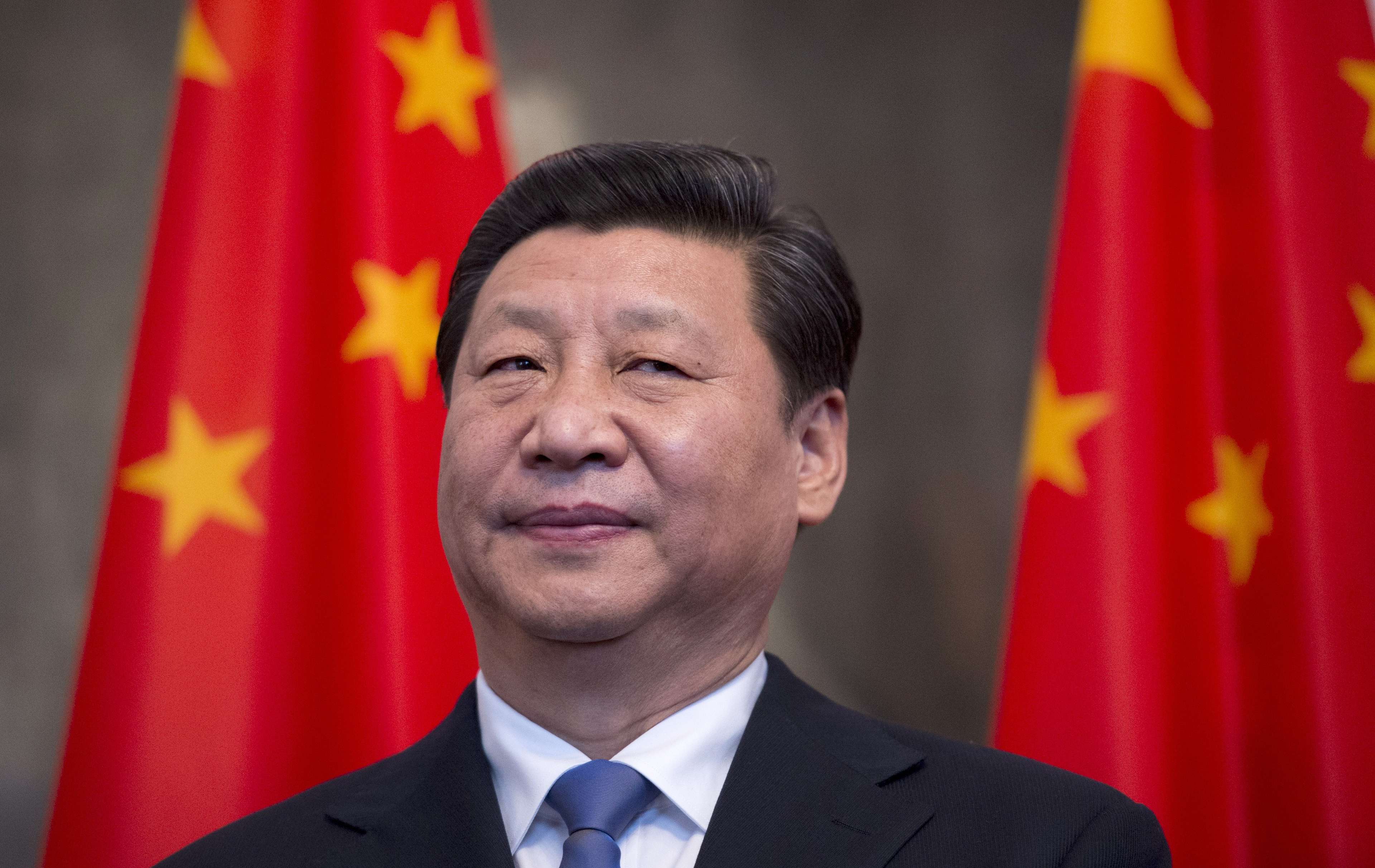 Getty Images
Getty Images
The spending at some of China’s biggest clubs – from Shanghai SIPG to Shanghai Greeland Shenhua, from Guanghzou Evergrande Taobao to Beijing Gouan – has attracted the disdain of the CFA – which has put in place mechanisms to limit the cash being paid for foreign talent – but also those in Europe who are finding the rise of Chinese football difficult to comprehend.
“You have to see the whole picture before criticising one part," says Mads. "This is the country’s football strategy. The president has decided we want to improve in terms of football, now we start to push many buttons at the same time.
“That’s foreigners, young players, coaches coming in, that’s building new football academies all over China. That’s putting curriculums in school. There are so many things going on.”
RUMOURS: Eto'o set for China move
Chinese power is here to stay and the fruits of this current investment will be borne in the years to come.
“I hope they will qualify for the 2026 World Cup,” says Mads. “They will gain experience from that tournament and I think my dream is that China gets the World Cup in 2030. Then we’ll have a perfect situation for a home team of China to not only show themselves but to show the world what China has done in the last 15 years.”
